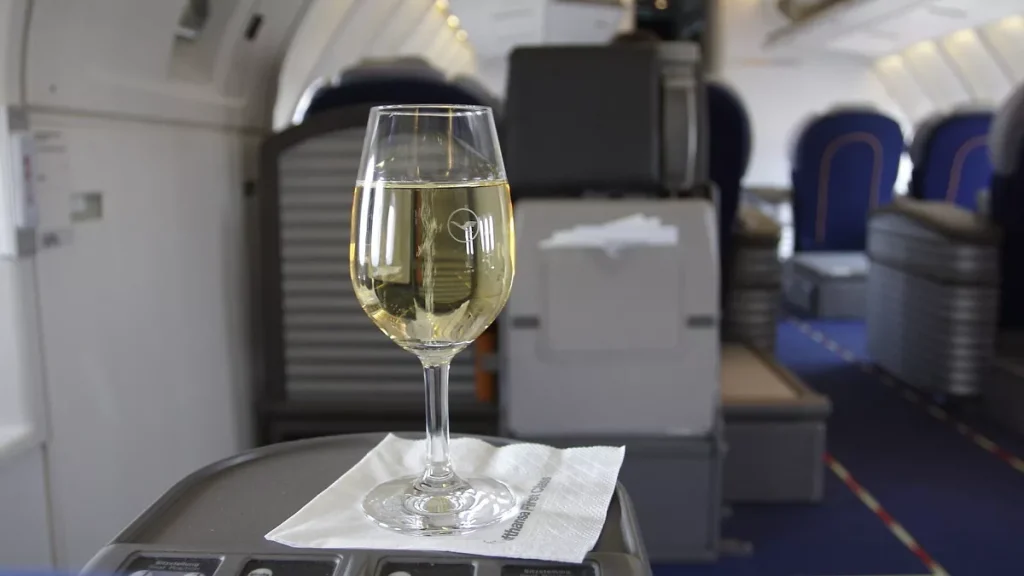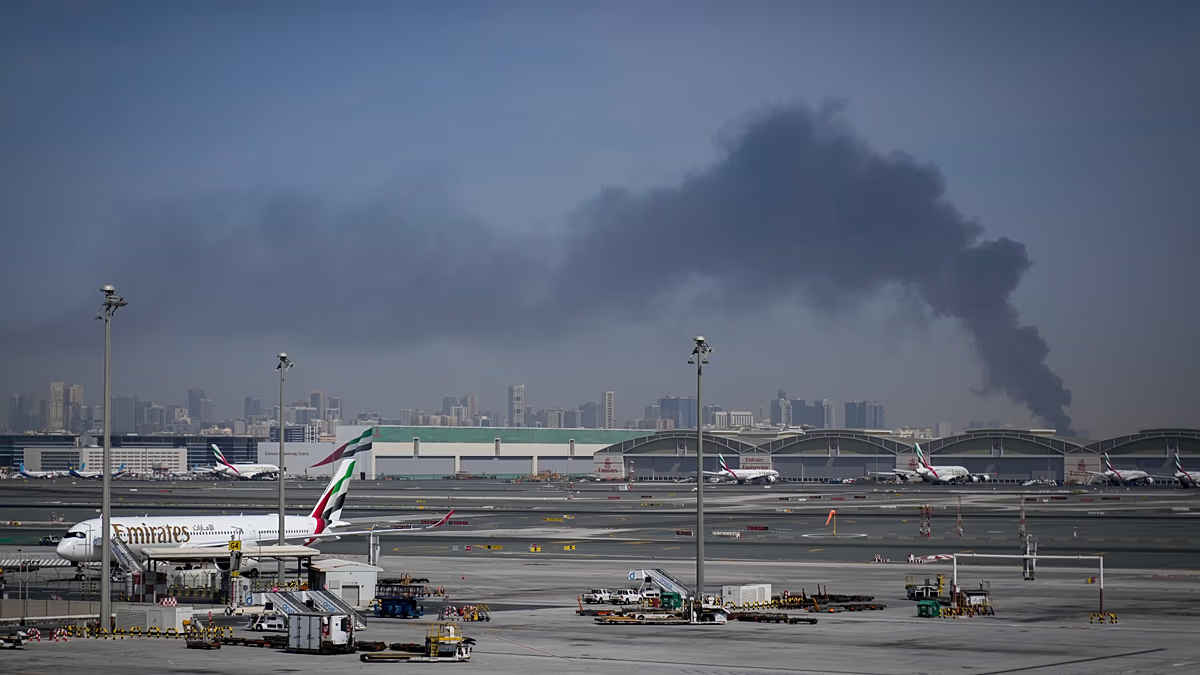Air Canada’s Bold Move: Free Drinks in Economy Class and the Complex Relationship Between Airlines and Alcohol
Air Canada has made a game-changing announcement that sets it apart in North America’s competitive airline industry. Starting this autumn, economy passengers on all Air Canada flights—not just long-haul routes—will enjoy complimentary beer, wine, and snacks. This strategic decision makes the Montreal-based carrier the only legacy airline in North America to offer free alcoholic beverages throughout its entire economy cabin network. The move stands in stark contrast to major American competitors like Delta, American, and United, which limit complimentary alcohol to longer flights, while budget carriers such as Spirit, Frontier, and JetBlue continue charging for alcoholic drinks. Scott O’Leary, Air Canada’s vice president of loyalty and product, explained the rationale behind this decision, noting that “food and beverage tend to have a disproportionate impact on customer satisfaction.” The airline is betting that waiving alcohol charges rather than reducing baggage fees delivers more value to passengers—and potentially more benefits to the airline’s bottom line. The new complimentary offerings will showcase Canadian brands and flavors, including morning flights featuring MadeGood oat bars and Toronto departures offering Greenhouse ginger wellness shots after 10:30 am. In another industry first, Air Canada will become the only North American airline to serve non-alcoholic beer at cruising altitude with Heineken 0.0, appealing to the growing market of passengers who enjoy the taste of beer without the alcohol.
This customer-centric approach comes at a time when in-flight service has become a crucial differentiator between airlines in the post-pandemic travel landscape. However, not everyone in the aviation industry is celebrating this development. While free alcoholic beverages might enhance the flying experience for many passengers, they also raise significant concerns about potential disruptions and safety issues in the confined space of an aircraft cabin. The statistics paint a troubling picture: according to the International Air Transport Association, unruly passenger incidents have more than doubled in recent years, rising from one incident per 1,053 flights worldwide in 2017 to one per 480 flights by 2023. More concerning is that over a quarter of these incidents involved alcohol consumption, often beginning before passengers even boarded their flights. Recent high-profile incidents underscore these concerns, including a Ryanair flight diverted after intoxicated passengers became violent and an easyJet flight cancellation due to allegedly drunk passengers disrupting boarding procedures. In the United States alone, the Federal Aviation Administration has recorded over 2,100 unruly passenger reports in 2024, with dozens referred for potential criminal prosecution. These incidents not only compromise safety but also cause significant inconvenience for other passengers and crew while generating substantial costs for airlines.
The aviation industry has responded to these challenges with various measures aimed at curbing alcohol-related disruptions. In the United States, the FAA implemented a Zero-Tolerance Policy in 2021, establishing civil penalties of up to $37,000 for violations such as consuming personal alcohol aboard aircraft. European carriers have taken different approaches: Jet2 banned alcohol sales before 8 am, while Ryanair’s CEO Michael O’Leary proposed implementing a two-drink limit at airport bars. Surprisingly, public opinion appears to support stricter measures regarding alcohol consumption and air travel. A 2024 YouGov poll revealed that 62 percent of Britons would support limits on pre-flight drinking, suggesting that many travelers recognize the potential problems associated with excessive alcohol consumption in aviation environments. Despite this public support, implementing effective regulations has proven challenging. For example, airport bars across the United Kingdom can legally begin serving alcohol as early as 5 am, and proposals to restrict early-morning sales have repeatedly failed to gain traction, highlighting the complex balance between commercial interests, passenger expectations, and safety considerations.
For cabin crew members, managing alcohol consumption onboard is a delicate responsibility that directly impacts flight safety. One flight attendant from a major global airline, speaking anonymously, explained that crew members carefully monitor passengers who order multiple drinks. “There are many valid reasons to limit alcohol consumption onboard,” she noted, “from safety issues in the event of an emergency to the well-being of other passengers.” This frontline perspective emphasizes the real-world consequences of excessive drinking in the confined environment of an aircraft. However, some industry observers argue that restricting alcohol service on planes might actually exacerbate problems by encouraging travelers to drink heavily in airport terminals before boarding. This perspective gained particular relevance during the pandemic when many airlines temporarily halted alcohol sales, yet incidents of disruptive behavior increased. As one frequent flyer bluntly commented on social media, “Drunks are gonna drink,” suggesting that determined individuals will find ways to consume alcohol regardless of airline policies, potentially leading to more dangerous situations if passengers board already intoxicated rather than consuming moderate amounts under the watchful eyes of cabin crew.
For airline executives, decisions around alcohol service represent a complex balancing act between meeting customer expectations, generating ancillary revenue, maintaining safety standards, and protecting both staff and passengers. The stakes are high: alcohol-related incidents can lead to costly diversions, legal liabilities, damaged reputations, and diminished passenger loyalty. Air Canada’s bold move to offer complimentary alcohol throughout its economy cabins reflects a calculated gamble that the benefits of enhanced customer satisfaction will outweigh the potential risks and costs of alcohol-related disruptions. By including non-alcoholic alternatives like Heineken 0.0 and featuring Canadian brands, the airline is attempting to create a more inclusive and distinctive service offering that appeals to diverse passenger preferences while strengthening its brand identity. As the aviation industry continues navigating the post-pandemic recovery period, airlines worldwide will be watching closely to see if Air Canada’s approach translates into happier travelers, stronger brand loyalty, and ultimately, improved financial performance. The success or failure of this strategy could influence broader industry trends regarding in-flight service offerings and how airlines approach the delicate relationship between altitude and alcohol in the years to come.
Air Canada’s strategic decision ultimately represents more than just free drinks—it signifies a fundamental rethinking of the passenger experience in an era where airlines are desperately seeking ways to differentiate themselves and rebuild customer loyalty following the pandemic’s devastating impact on the travel industry. By emphasizing hospitality and generosity rather than nickel-and-diming passengers, Air Canada is making a statement about its brand values and vision for the future of air travel. The airline seems to be betting that most passengers will appreciate and responsibly enjoy the complimentary offerings, with potential problems being manageable through proper training and vigilance from cabin crew. For an industry that has increasingly moved toward unbundled services and additional fees over the past two decades, this return to a more inclusive approach—at least regarding food and beverage—may signal a significant shift in how airlines compete for customer loyalty in the post-pandemic world. Whether this proves to be a winning strategy depends on numerous factors, including how effectively Air Canada implements the new service, how passengers respond, and whether the benefits of improved customer satisfaction ultimately outweigh any potential challenges related to managing alcohol consumption in the skies.











